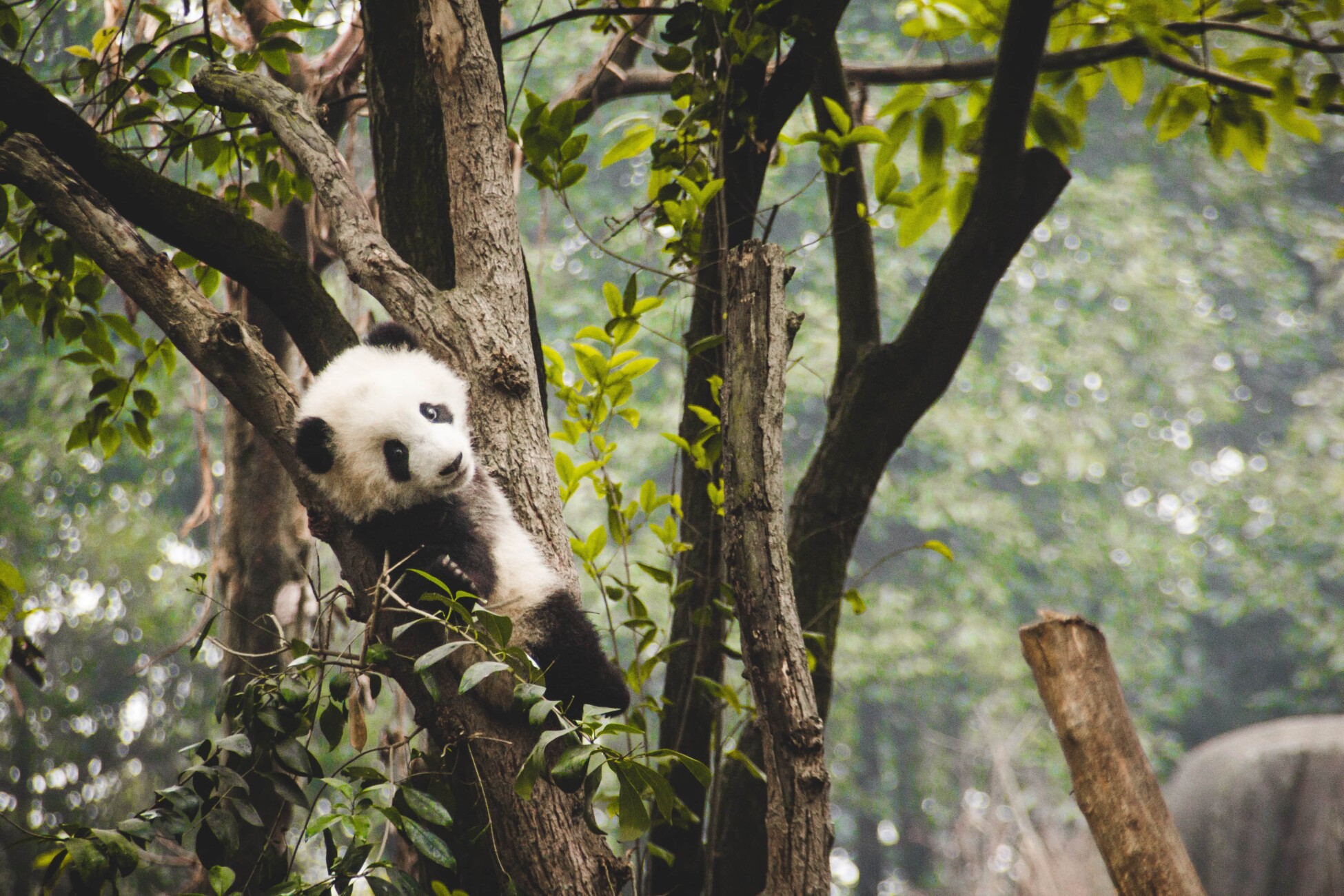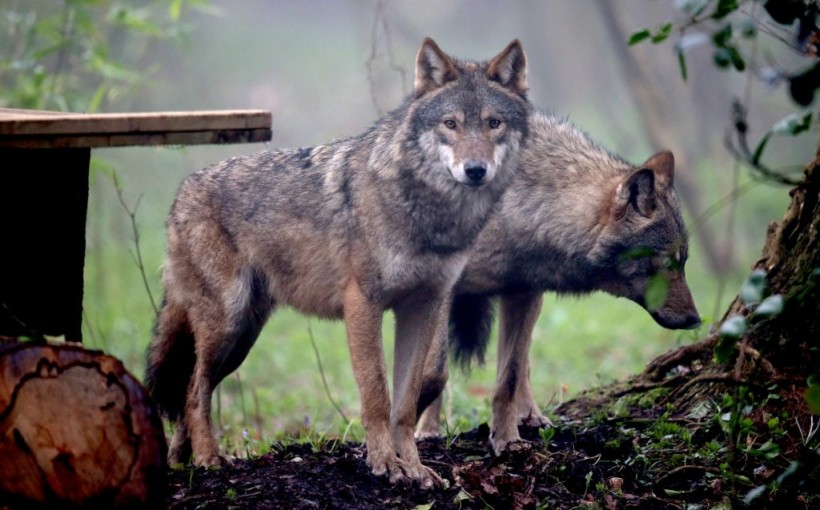
Zoology
Zoology is the scientific study of animals, encompassing topics related to the biology, behaviour, structure, evolution, classification, and distribution of animals.
Zoology is the scientific study of animals, encompassing topics related to the biology,... View more
Fatherly Love in Animal Kingdom: 8 Protective Dads From Wolves To Emperor Penguins
-
Fatherly Love in Animal Kingdom: 8 Protective Dads From Wolves To Emperor Penguins
The animal kingdom is competitive and challenging for young people to survive in, with predators eyeing them. However, father animals play a crucial role in their children’s lives, and they go beyond protecting them.
This article features dad animals that have demonstrated undying love to protect their babies from being killed or attacked. These fathers can become ferocious when their pack or families are threatened.
Here are the eight most protective dad animals in the wild.
1. Silverback Gorillas
Silverback gorillas, found in parts of Africa, have amazing social leadership skills. The male ensures the safety of the group and nurtures the younger gorillas.

(Photo by Matt Cardy/Getty Images) A stock photo of wolves 2. Wolves
Wolves are recognized for their social structure and brilliant hunting strategy. The pack is known for protecting one another against external threats. According to a report, alpha males and females help breed and raise their children.
Ultimately, these male wolves are on alert, guarding the dens and providing necessary nutrients to younger wolves.
3. Tamarin Monkey
The South American Tamarin monkeys are spectacular in that fathers are always there to care for their young. The male Tamarin monkeys are frequently seen carrying the babies on their backs. In this way, fathers can give food and protect them from potential threats.
4. Emperor Penguin
The Emperor Penguins have adapted to severe to harsh temperatures. Fathers are on alert, protecting and warming eggs while the female goes on a challenging journey to look for food to feed her children.
According to the report, the male Emperor penguins spend time incubating the egg, which gives them much-needed warmth in the colder conditions.
5. Seahorse
Seahorses are found in tropical and temperate oceans. They are unique fathers, in which males fertilize eggs and carry them in an abnormal pouch. Slowly, the male seahorses ensure their babies have sufficient nutrients.
6. Jacanas
Jacanas are found in tropical regions and possess excellent parental roles. The males are also responsible for incubating and protecting chicks from external threats or dangers.
As devoted fathers, these animals monitor the safety and well-being of their offspring, particularly the nutrients and survival needs of their offspring.
Also Read: Mothers in the Animal Kingdom Deserving of the Title ‘Hardest-Working Moms’

A stock photo of a lion. (Photo : by ARNAUD FINISTRE/AFP via Getty Images) 7. Lions
Lions, primarily found in Africa, Europe, and Asia, are formidable predators and loving fathers. With the lioness, they protect their family from rival males or invaders that can potentially harm their babies.
8. Three-spined stickleback
The three-spined stickleback showcases a unique paternal behavior as a small freshwater fish. The male species create a nest with twigs and aquatic plants to attract females to lay eggs.
When the eggs are finally laid, the three-spined stickleback transforms into a ferocious fish, defending the eggs from possible predators.
Animal fathers have exhibited outstanding behavior in protecting and caring for their cubs, young babies, or children. Like the human population, these animals have exhausted their best to provide for the needs of their offspring amidst the growing concerns of habitat loss and climate change.
Related Article: Foxes in Wildlife: 6 Unique Facts About Different Species
For more similar, don’t forget to follow Nature World News
© 2024 NatureWorldNews.com All rights reserved. Do not reproduce without permission.
Sorry, there were no replies found.
Log in to reply.
